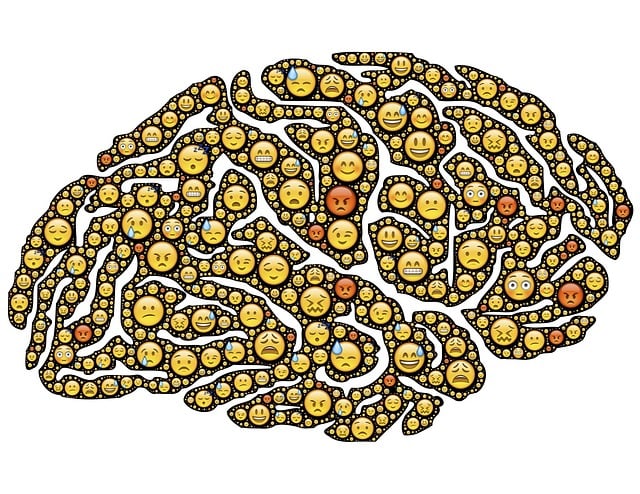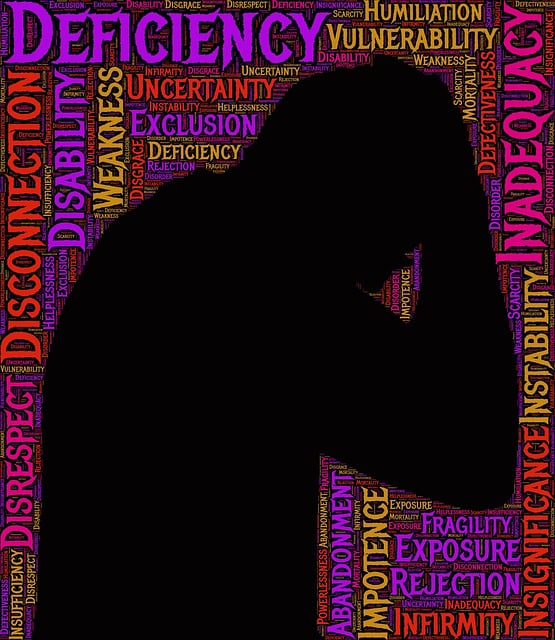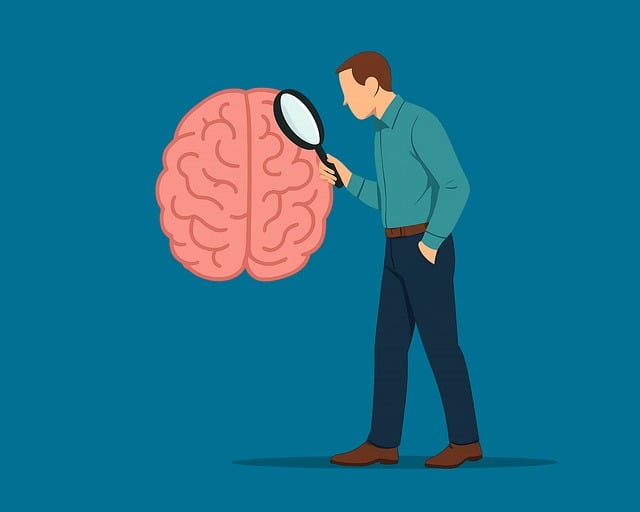Broomfield Codependency Therapy (BCT) is a transformative model enhancing cultural competency in healthcare through interconnectedness awareness, personal belief exploration, and inclusive care practices. In diverse healthcare settings, BCT-inspired training empowers providers to deliver personalized care by understanding ethnic, cultural, and socioeconomic backgrounds. This multifaceted approach addresses intergenerational trauma, boosts emotional intelligence, promotes self-care, and fosters resilient, compassionate environments. Success measurement through data-driven KPIs, focus groups, and post-training surveys ensures continuous improvement in patient satisfaction, clinical outcomes, and provider self-awareness, making BCT a vital tool for cultural competency advancement.
Healthcare provider cultural competency training is essential in today’s diverse healthcare landscape. Understanding cultural competency goes beyond basic etiquette; it involves embracing a framework like the Broomfield Codependency Therapy Approach to foster empathetic, effective patient care. This article explores why such training is crucial, delves into key components of successful programs, and provides strategies for implementation and measurement, emphasizing continuous improvement in cultural competency.
- Understanding Cultural Competency in Healthcare: The Broomfield Codependency Therapy Approach
- Why is Cultural Training Essential for Healthcare Providers?
- Key Components of Effective Cultural Competency Programs
- Implementing and Measuring Success: Strategies for Continuous Improvement
Understanding Cultural Competency in Healthcare: The Broomfield Codependency Therapy Approach

Cultural competency in healthcare is a vital approach that ensures providers can offer patient-centered care, especially in diverse communities. It involves understanding and appreciating cultural differences to improve communication and access to healthcare services. The Broomfield Codependency Therapy (BCT) model offers a unique perspective on this matter. BCT emphasizes the interconnectedness of individuals within social networks, focusing on self-awareness exercises that promote reflection on personal beliefs and values, as well as those of one’s community.
This therapy encourages clients to explore their cultural identities and how they influence their interactions with others, particularly in healthcare settings. By incorporating practices such as public awareness campaigns development and mental wellness journaling exercises guidance, BCT facilitates a deeper understanding of cultural dynamics. This approach not only benefits patients by improving treatment outcomes but also equips healthcare providers with the skills to navigate complex cultural landscapes, fostering more inclusive and effective care.
Why is Cultural Training Essential for Healthcare Providers?

In today’s diverse healthcare landscape, cultural competency training is no longer a nice-to-have—it’s an absolute necessity. Healthcare providers interact with patients from various ethnic, cultural, and socioeconomic backgrounds, making it crucial to understand and appreciate these differences. This sensitivity empowers providers to deliver more personalized and effective care, bridging the gap between patient and practitioner. For instance, Broomfield Codependency Therapy emphasizes the importance of understanding clients’ unique cultural contexts to address underlying issues effectively.
Cultural training equips healthcare professionals with the skills to navigate complex interpersonal dynamics, perform thorough risk assessments for mental health professionals, and foster self-awareness exercises that promote mental wellness. By recognizing and respecting cultural differences, providers can create a safe, inclusive environment where patients feel heard, understood, and supported—ultimately enhancing treatment outcomes and patient satisfaction.
Key Components of Effective Cultural Competency Programs

Effective cultural competency programs in healthcare are multifaceted and crucial for fostering inclusive care environments. One key component is Broomfield Codependency Therapy, which helps professionals understand intergenerational trauma and its impact on various communities, promoting healing and healthier relationships. These programs should also include training on mood management techniques to enhance emotional intelligence and resilience among providers.
Additionally, focusing on self-care routine development for better mental health is essential. By teaching emotional regulation strategies, healthcare providers can better manage stress and maintain a sense of well-being, which is vital for providing consistent and compassionate care. Such training should be ongoing to ensure continuous learning and adaptation to diverse cultural needs.
Implementing and Measuring Success: Strategies for Continuous Improvement

Implementing and measuring success is a crucial aspect of healthcare provider cultural competency training. To ensure ongoing improvement, institutions should adopt a data-driven approach, tracking key performance indicators (KPIs) related to cultural competence. These metrics could include patient satisfaction rates, clinical outcomes, and provider self-assessments. Regular feedback mechanisms, such as focus groups or post-training surveys, allow for continuous refinement of the training program.
Broomfield Codependency Therapy, for instance, emphasizes Mind Over Matter Principles, making it a valuable tool to integrate into cultural competency training. By fostering emotional intelligence and understanding of interpersonal dynamics, this therapeutic approach prepares healthcare providers to better navigate diverse patient populations. Through combining such innovative practices with measurable evaluation strategies, institutions can continuously enhance their cultural competency, ultimately improving patient care and outcomes.
Cultural competency training, as demonstrated by the Broomfield Codependency Therapy approach, is no longer a choice but an essential requirement for healthcare providers. Understanding and respecting diverse cultural backgrounds can significantly improve patient outcomes and create a more inclusive healthcare environment. By integrating key components like empathetic listening, awareness of unconscious biases, and culturally sensitive communication skills, healthcare organizations can implement effective programs that foster trust and reduce health disparities. Continuous improvement through measuring success and adapting strategies is crucial to stay aligned with evolving cultural landscapes. Investing in cultural competency training is not just beneficial; it’s transformative, ensuring healthcare remains a powerful force for good across all communities.














